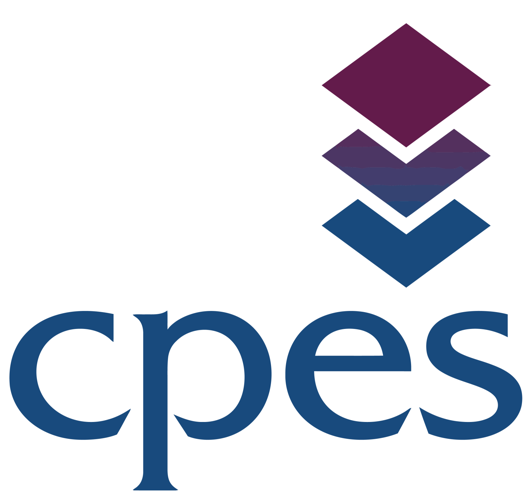This story was written by #ThisIsTucson and underwritten by CPES Novelles, a local and national leader in person-centered, trauma informed care. Thank you for supporting the local organizations that support us!
We all feel anxious sometimes.
And it can actually be helpful, since it's our body's way of reacting to stress and it helps us to prepare for action.
"Anxiety is a normal emotion that is characterized by tension and worry, and it often involves bodily changes that prepare us for action," says David Sbarra, Professor of Clinical Training in the UA Department of Psychology. "In small doses, anxiety is healthy and can be quite motivating."
But, when anxiety starts to take over and become excessive, it could indicate a disorder, Sbarra adds.
Signs of anxiety disorder
If you're not sure whether your feelings of anxiety are becoming disordered, watch for these signs.
- An exaggerated sense of fear or panic in the absence of a threat
- Panic attacks that are characterized by intense terror or fear, often accompanied by intense physical symptoms like a racing heart, sweaty palms, dry mouth, dizziness and sometimes feeling like you can't catch your breath.
- Avoidance of social situations due to fear of evaluation or negative judgments from others.
- Sleep disturbance or restlessness
- Trouble concentrating and becoming preoccupied by worry
What can I do to ease symptoms at home?

The release of endorphins can help reduces stress and anxiety.
There are some things you can do to self-soothe.
Mark Person, program manager of Community Mental Health and Addiction for the Pima County Health Department suggests the following:
- Concentrate on a healthy diet with regular meals.
- Track your sleeping habits and make adjustments to maximize the amount of sleep you're getting.
- Incorporate exercise into your routine.
- Get outdoors and take breaks when feeling anxious.
- Limit alcohol and caffeine.
- Pay attention to what triggers your anxiety. Understanding the source helps reduce the impact.
When should I get professional help?
"The best practice is to seek help early as soon as you suspect something feels wrong," Person says. "Never wait to see if it gets worse or goes away."
Especially if anxiety starts to interfere or interrupt your daily life, Sbarra says. That includes functioning at work, relationships, school or your pursuit of goals.

Get help with a mental health assessment by CPES Novelles
If you think you might have anxiety disorder, get more help with an assessment by CPES Novelles and find a local therapist who can help.
As a leader in community behavioral health CPES Novelles psychologists can test for things like: ADHD, autism, depression, anxiety disorders, PTSD, eating disorders, addictive and substance disorders and more. The CPES Psychological Assessment Center takes public and private insurance and referrals from a wide range of professionals as well as self and family referrals.
Click here to see the full list or call 1-833-537-CPES (2737) to make an appointment today.






